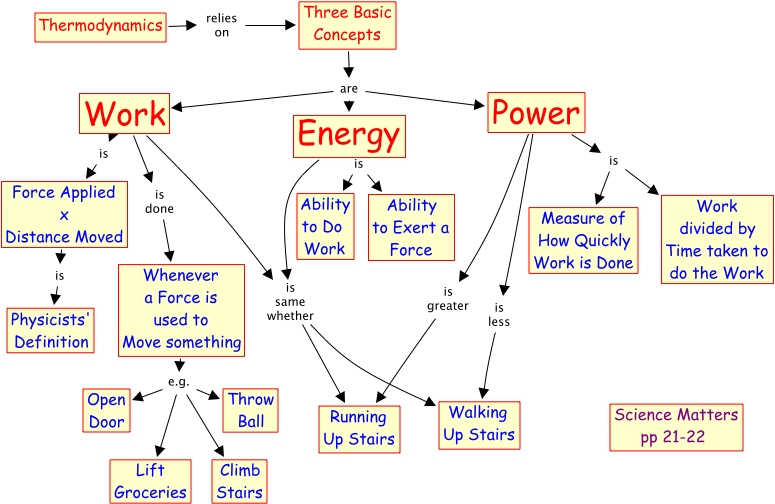I have a question belonging to the picture below. It is mentioned that
whether you walk up or run up stairs the same work is done.
When work equals (force in the moving direction) times the way, then I dont understand why it should be correct. When I run up the stairs I definitely accelerate much faster, while I "gain" more kinetic energy, caused by my velocity. On the other hand when I define my work by the negative difference of potential energy, this statement would be correct. Why is this not a contradiction?
It seems like I am running errors in correctly seperating physical systems, but I can't figure this out. Can you help me out? 
To make my question more precise: Say we reduce the whole thing to a simple straight vertical movement. The Force upwards is given by acceleration times mass. Faster movement upwards must be an increase of acceleration and so an increase in force and that will give an increase of work. Isn't that correct?
